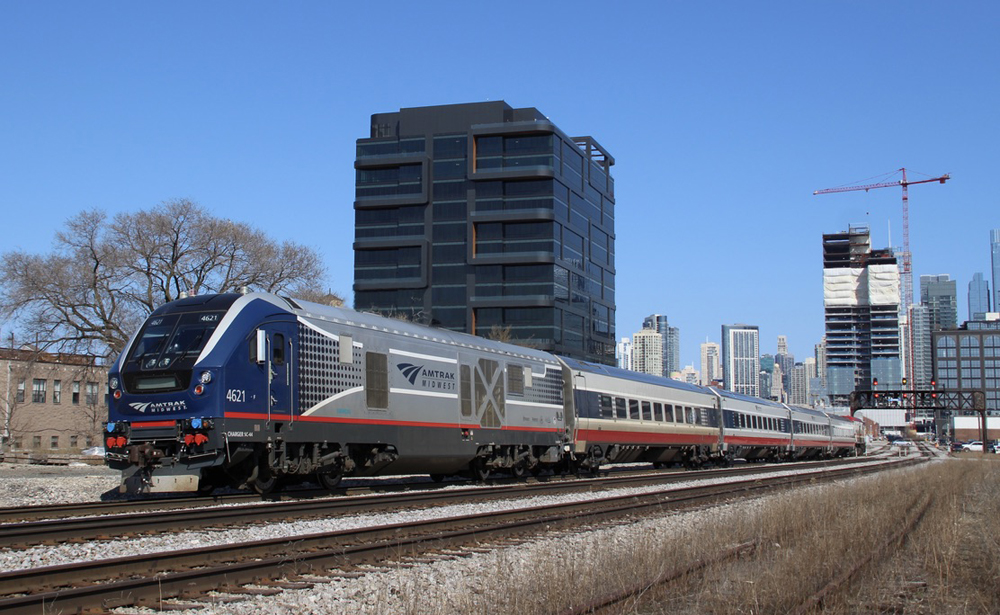
MILWAUKEE — Amtrak’s Chicago-Milwaukee Hiawatha service will now feature variable ticket pricing, ending a flat fare of $25 that had been in effect since 2016.
The new sliding fares of $19 to $31, based on demand and advanced purchase, are effective today (Nov. 1). They follow Amtrak’s nationwide adoption of a two-tiered pricing system; as part of that new ticketing plan, there had been an expectation single-price services like the Hiawatha could begin to see variable pricing [see “Amtrak to implement two-tier fare structure: Analysis,” Trains News Wire, Oct. 18, 2023].
“The new fare system works toward three main goals by offering a price that varies with demand,” Wisconsin Department of Transportation Secretary Craig Thompson said in a press release. “First, it aims to ease crowding by offering lower cost tickets during off-peak times. Second, it is expected to raise revenue overall to cover more system costs and service improvements. And third, it keeps our commitment to affordable travel by capping the maximum fare at $31 each way.”
A 10-ticket ride is also available with a new maximum price of $210; users of that ticket will continue to be required to use Amtrak’s RideReserve system to select their train. Monthly passes have been discontinued because of decreased usage.
There are seven daily Hiawatha round trips between Milwaukee and Chicago. Schedules and additional information are available here.






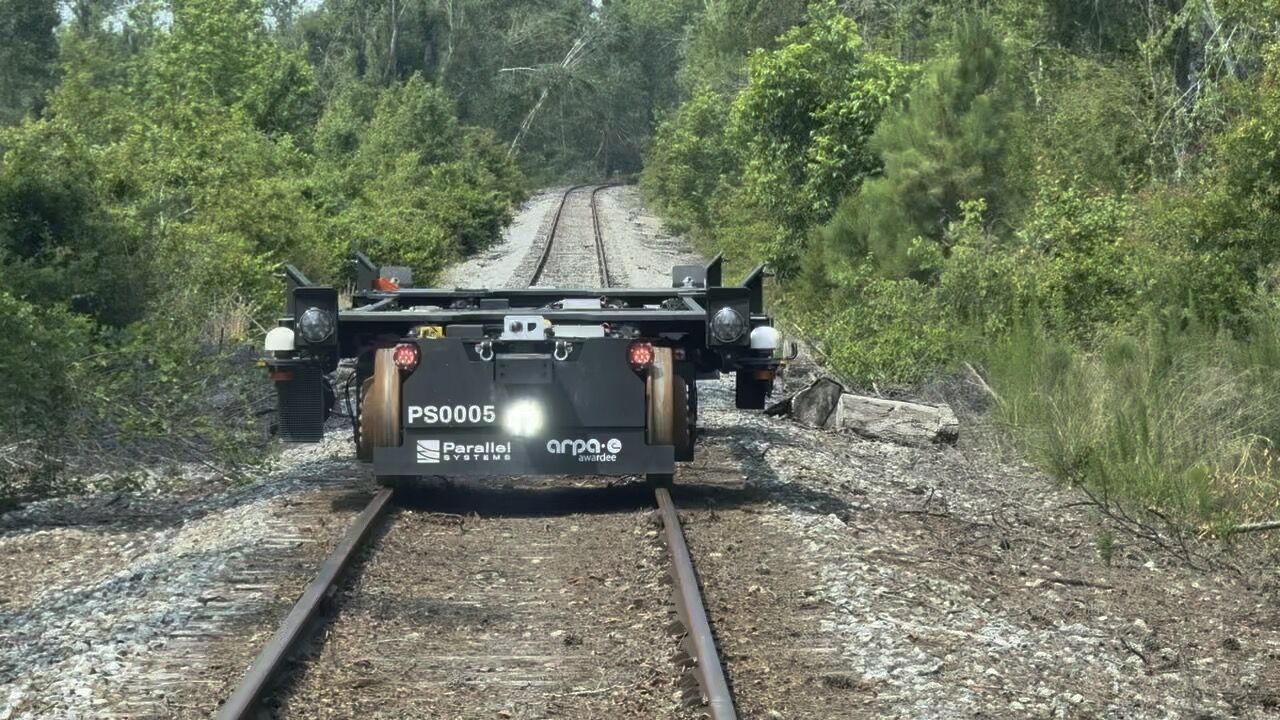
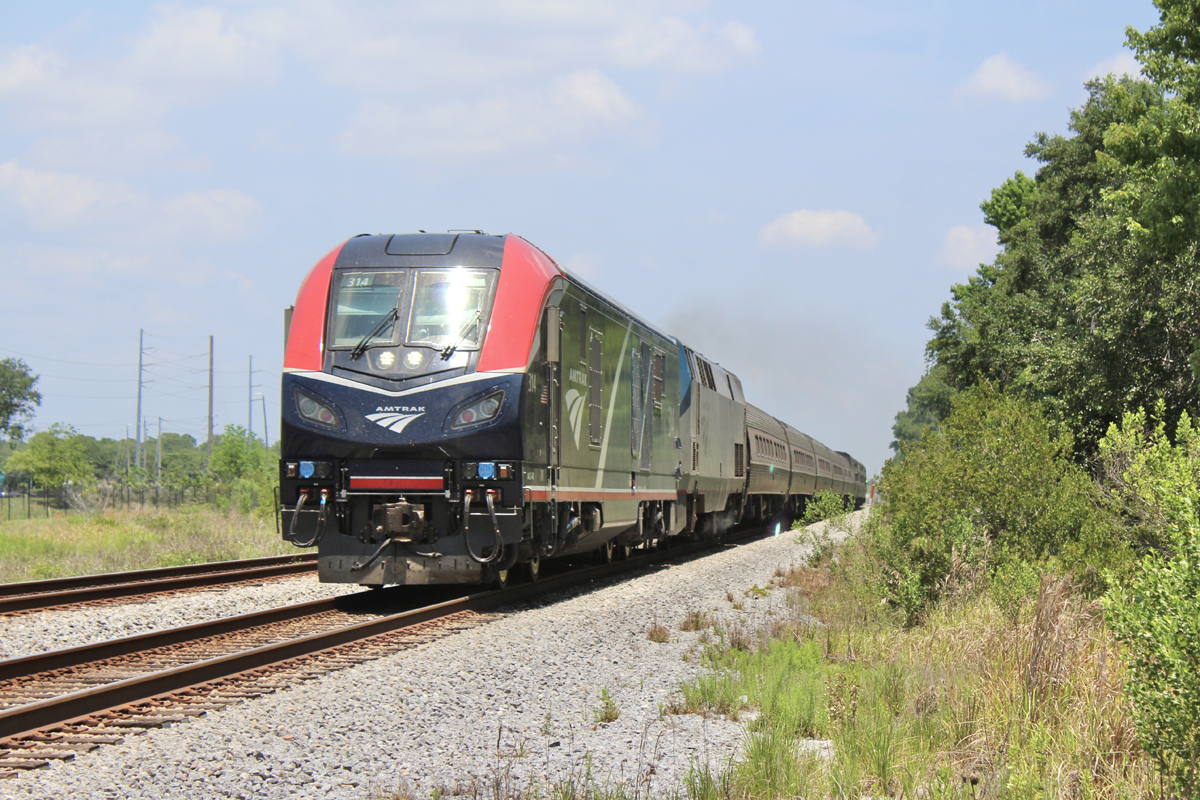
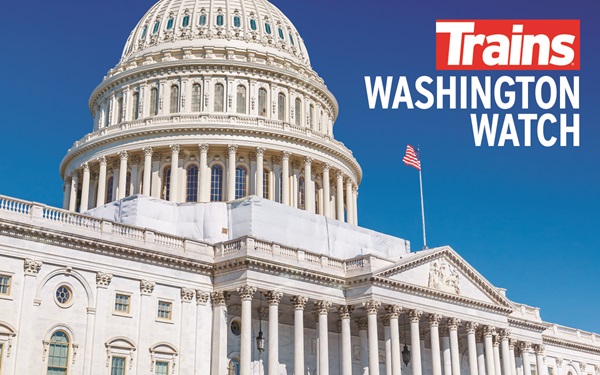
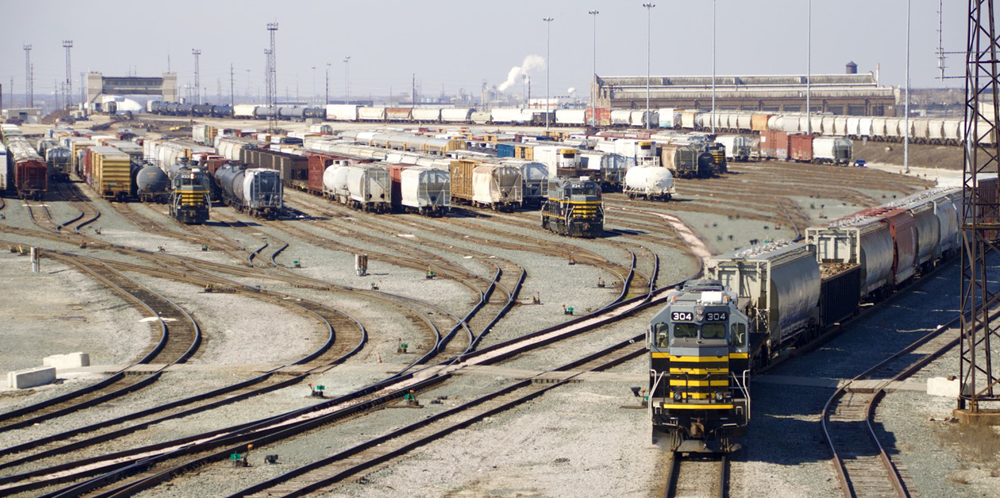




“Demand-based pricing …” – it will be interesting to see if this works and how ridership, revenue, and yield-management play out.
Per Mr. Chambers’ comment above, yes, there does need to be sufficient service frequency to allow riders ‘off-peak’ options (instead of high-fare, peak period trains). I’m not familiar with the Chicago – Milwaukee corridor but aren’t there something like 6-8 daily roundtrips on this corridor?
Variable pricing as long as the railroad does not make too many of the tickets at the highest price should help. If the goal is to try and move some of the demand off crowed trains and increase income by getting more people on the lower cost trains it should work. However I feel this type of fare only works best where there are several trains a day. If the lower fares are only offered on the least popular trains it may not work. People need to have reasonable options on their departure and arrival times. While some trips can be moved to take advantage lower fares other trips need to depart and arrive at times when people need to travel.
Let’s remember that the average journey time is 1 hour, 29 minutes.
Dr. Güntürk Üstün